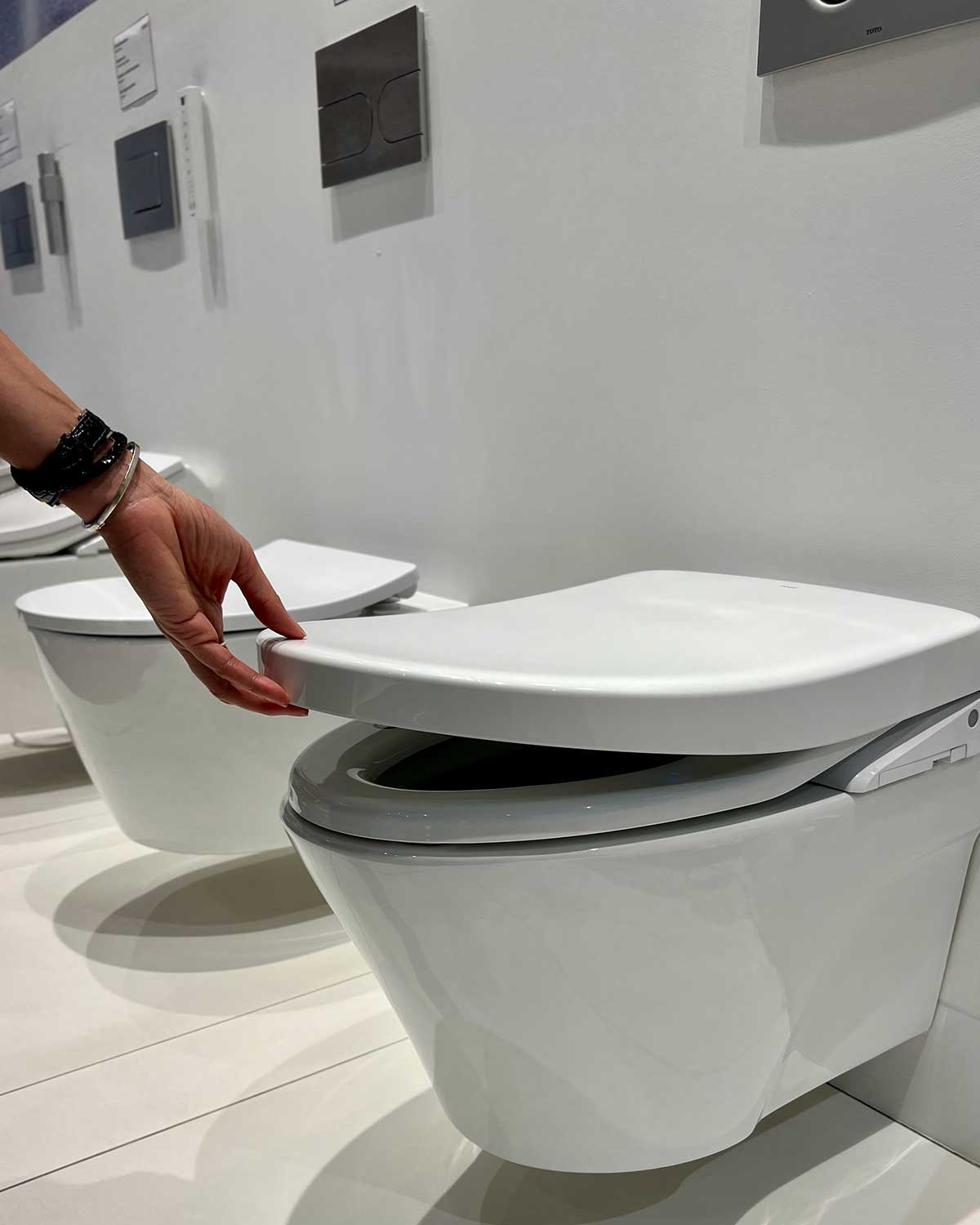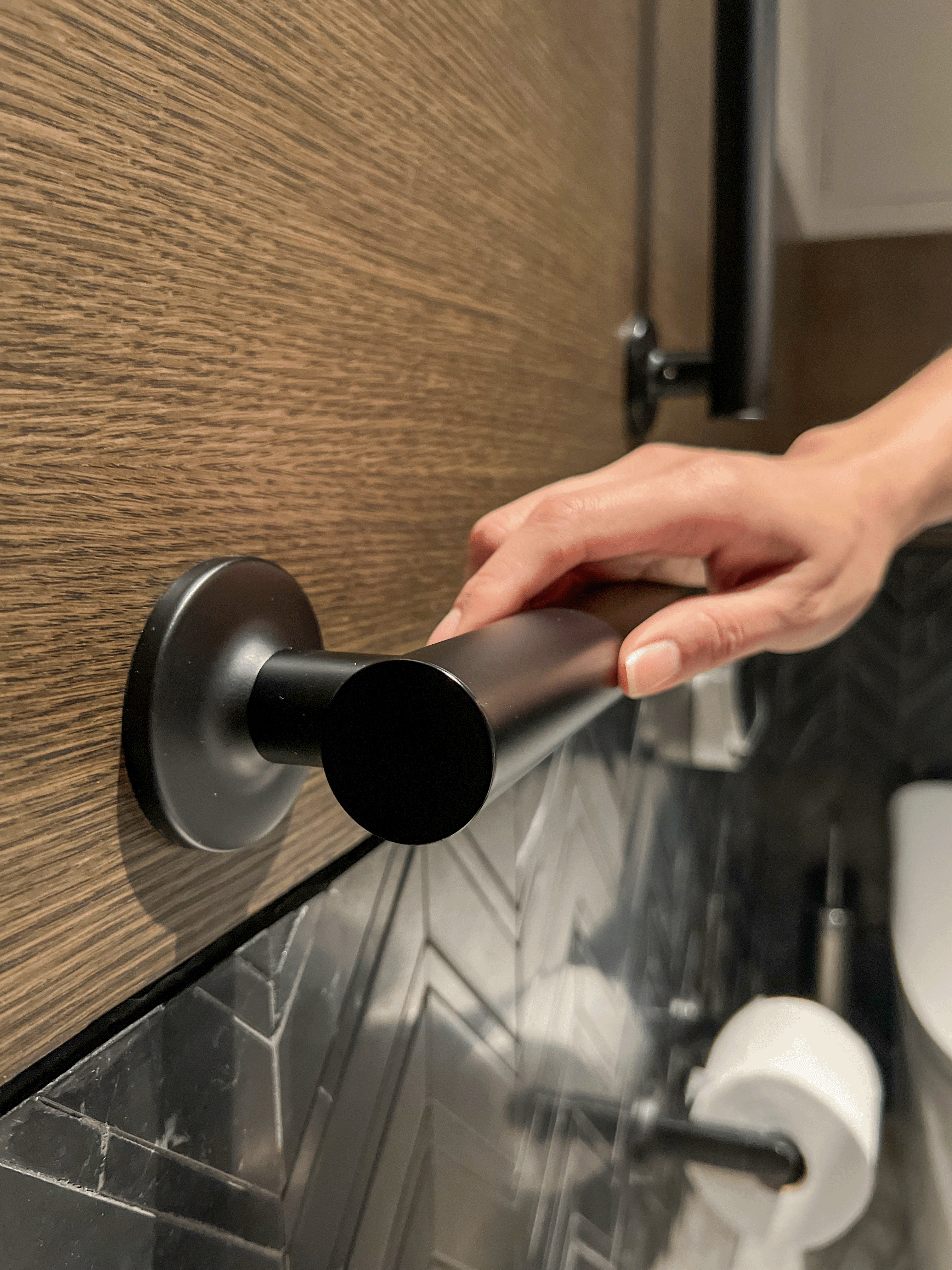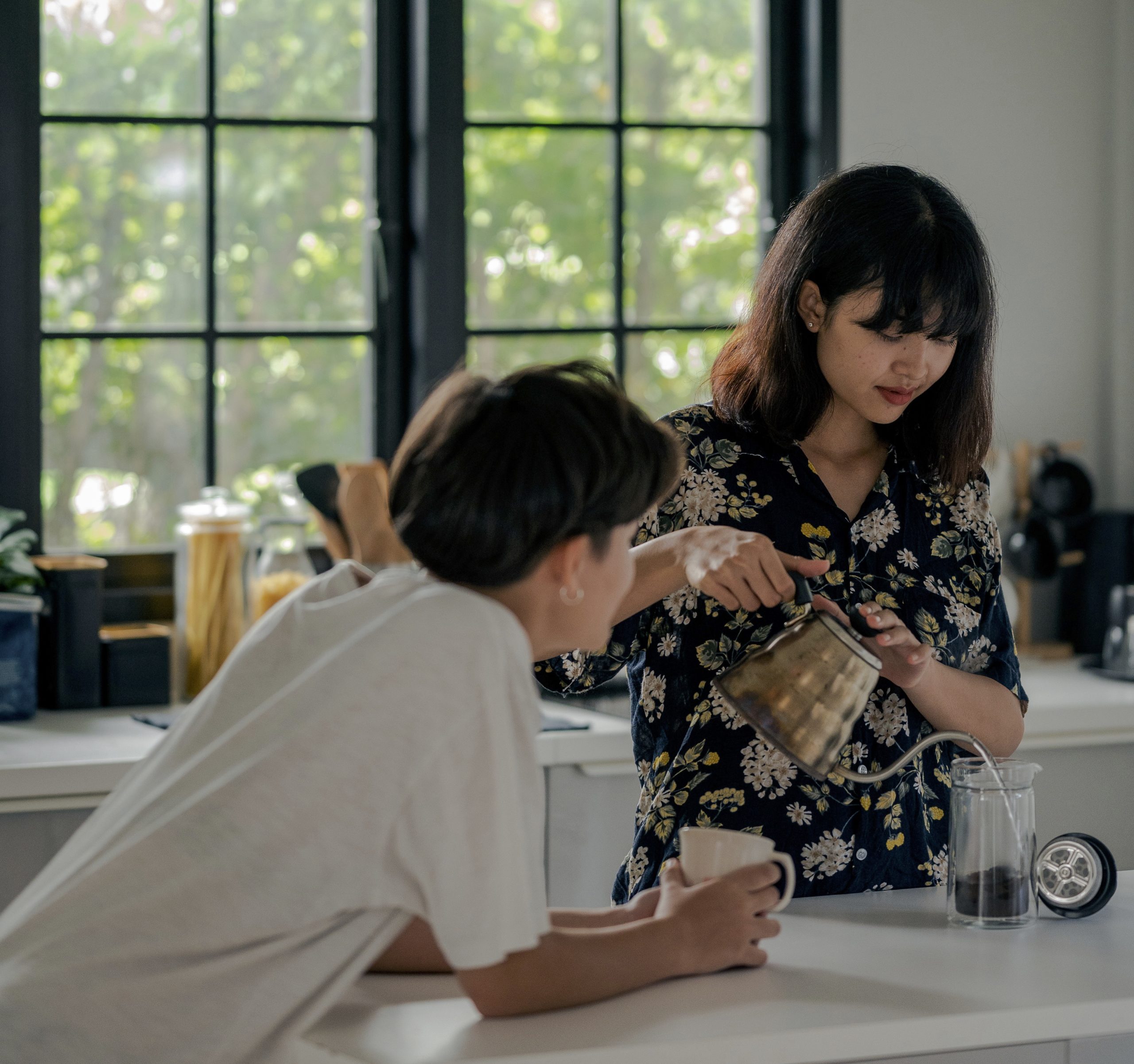
Green Spring Cleaning
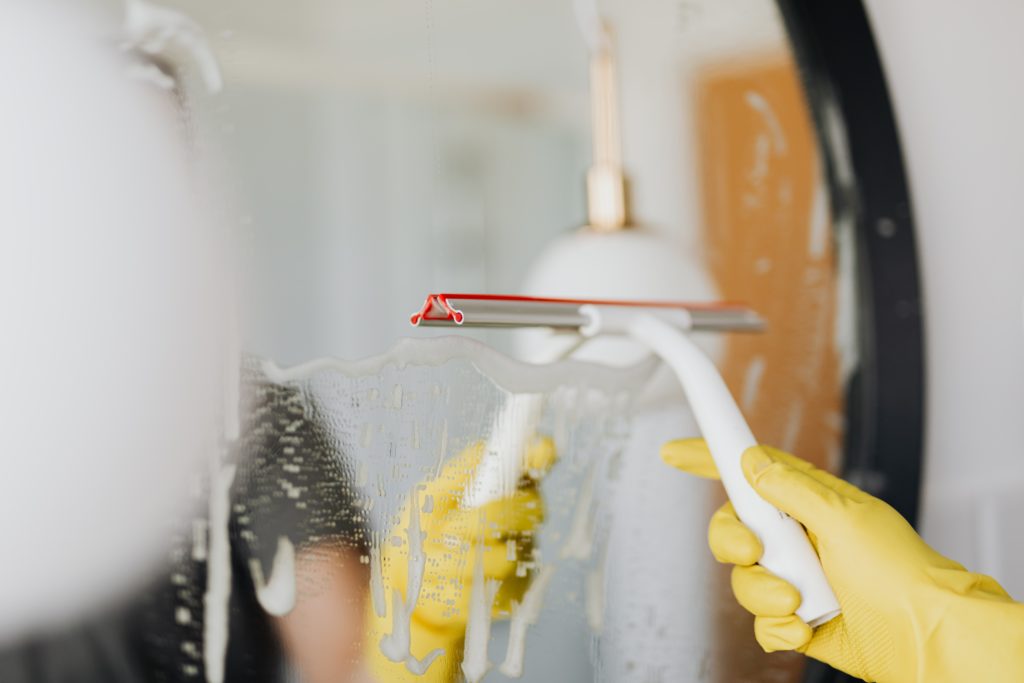
Gardening
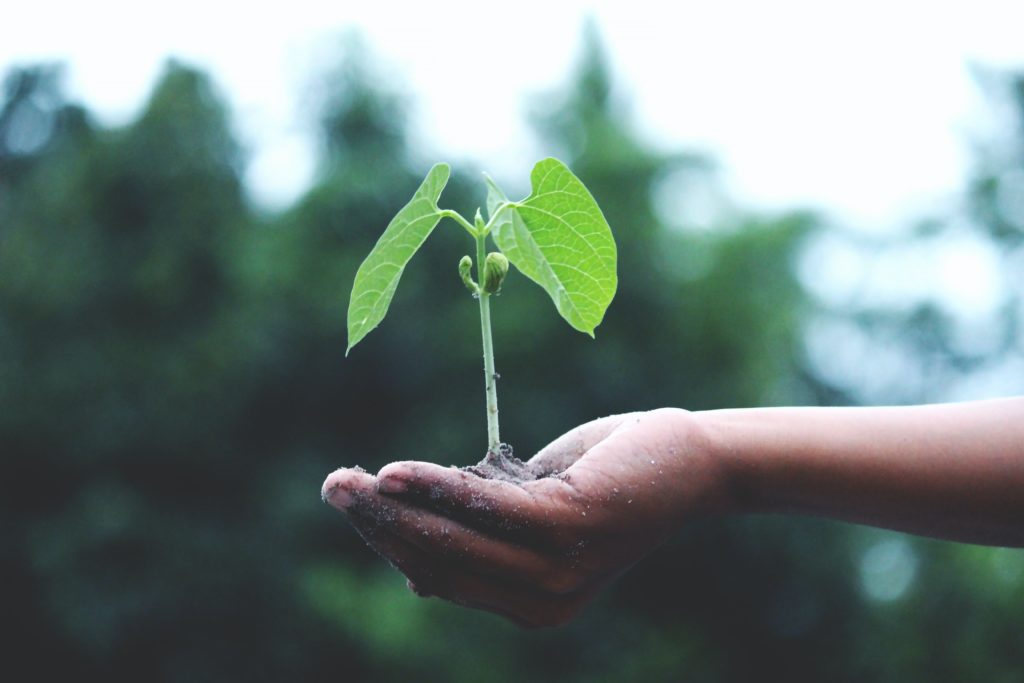
If you don’t have a garden, consider planting one. There is nothing quite like eating dinner from vegetables you grew yourself. While you’re at it, look around your lawn and see if there is room to add some new plants, particularly ones that are native to your area, and that attract pollinators like birds and insects. You can increase the biodiversity in your own backyard. Include rainwater barrels to use for watering your garden, and remember to compost!
Take stock of your electricity usage
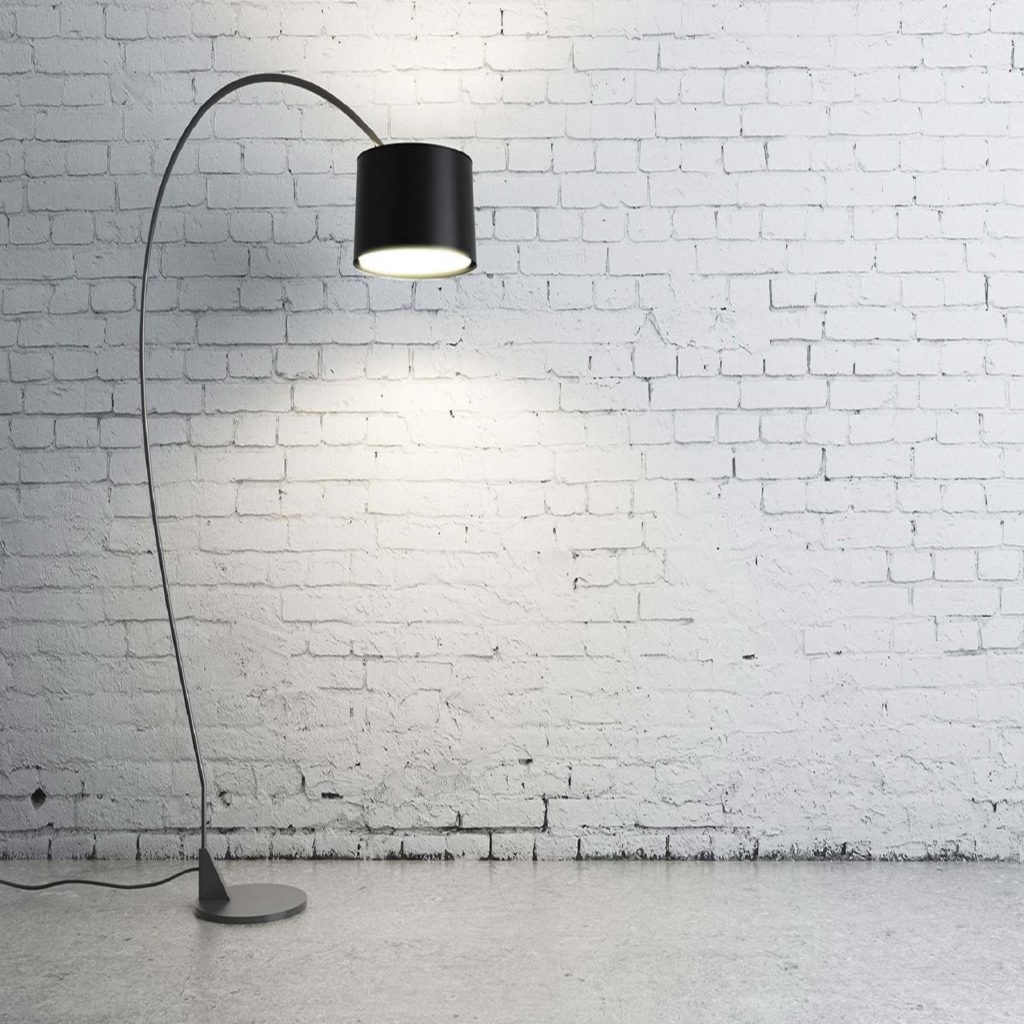
Turn off lights and appliances when not in use, and look into replacing your incandescent bulbs with LEDs. They save money and energy. If you really want to make a big change, look into installing solar panels in your home. You will reduce your dependency on the grid, and save yourself money in the long run.
Recreation
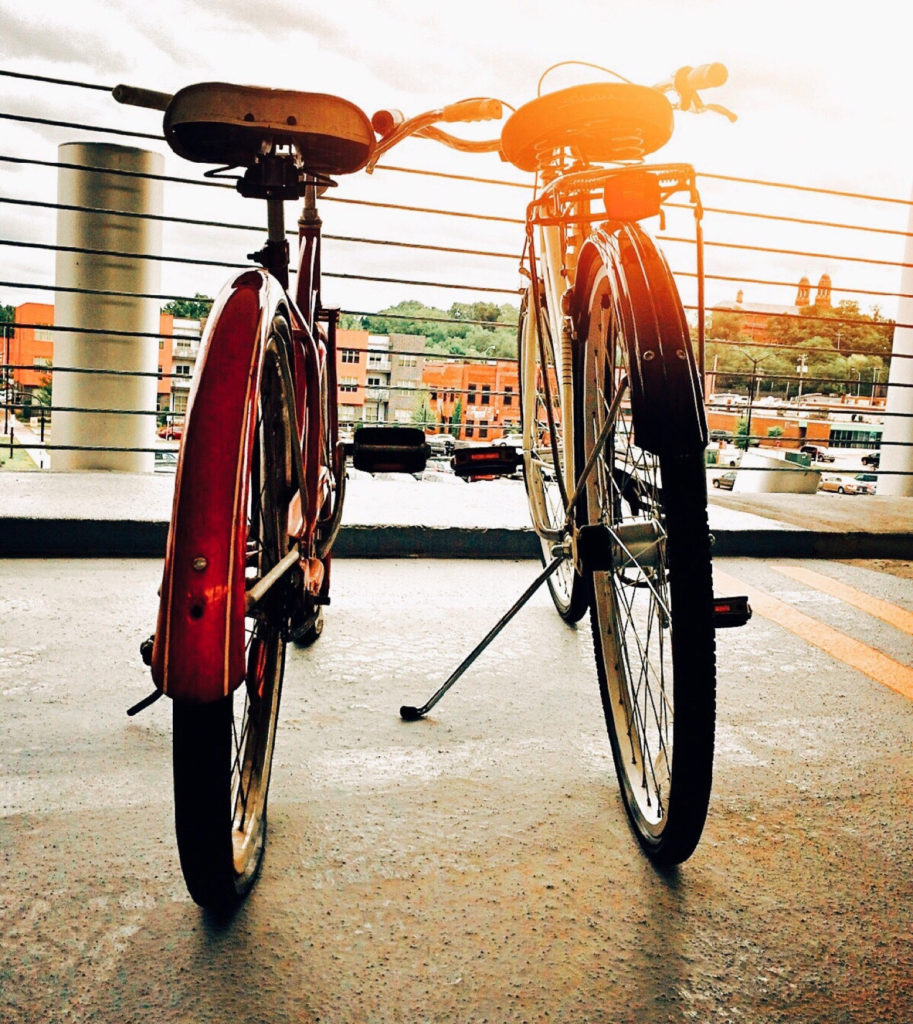
Consider walking or biking to work and on errands whenever possible. Many cities have extensive bike lanes and paths. And some, like New York, even have bike rental systems, allowing for easy and affordable pickup and return using an app. On a bike, you never have to worry about getting stuck in traffic. You can always go to the front of the line at stop lights! You will also be doing your body good, and decreasing congestion and emissions. Better still, being outside opens your eyes to all the beauty right under your nose. When the pandemic first started, I took a lot of walks, just to get out of the house. I could have sworn the cherry blossom season lasted two or three times longer than usual. But then I realized that I must have been missing out in previous years, because I was always rushing somewhere as fast as I could. Stopping to smell the roses (or see the cherry blossoms) will do more for your mental health than you can measure.
Upcycle

Buy antique or reclaimed furniture and crafts. Or make your own! Incorporate reclaimed wood into your design and renovation projects. Even when it costs more, the psychological value of knowing you’re reducing waste adds a different sort of value to your projects. There is also something truly elemental about being in contact with aged, natural materials. You feel the history of it, as an artifact of both nature and human culture.
Reusable products
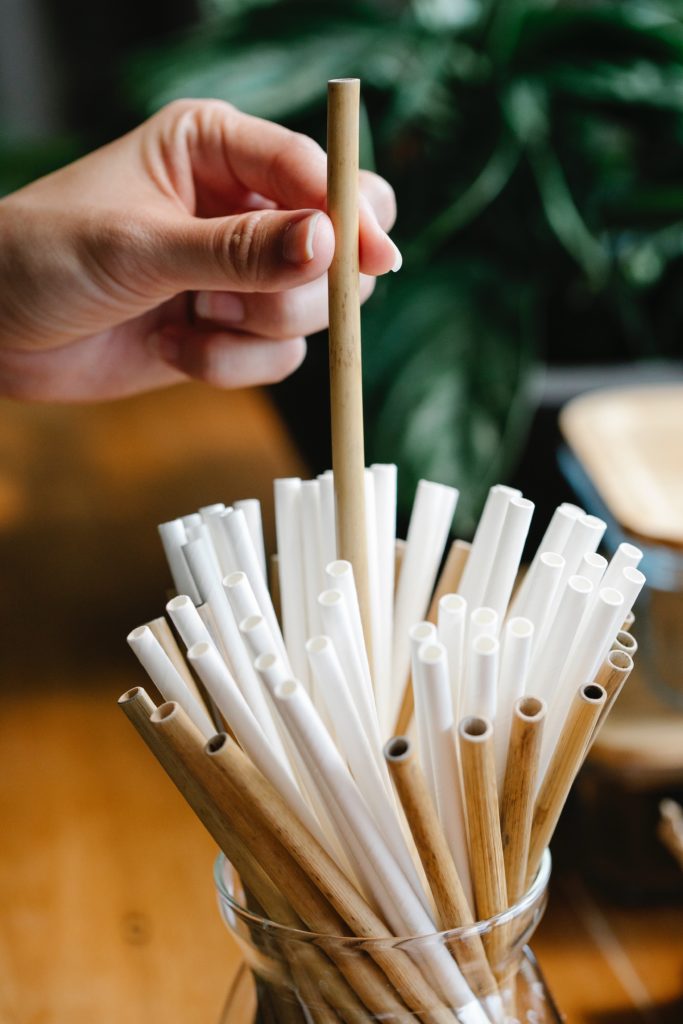
Swap disposable kitchen and bath products for reusable alternatives. Keep a stash of old rags with your cleaning supplies to cut down on disposable wipes and paper towels. (True story: a friend once told me about someone she knew who was so committed to recycling old clothes for cleaning that she used old panties for polishing rags. I’m not suggesting you need to take it that far, but cutting up an old teeshirt…why not?) Reduce your paper product consumption by switching to washable napkins and try these waxed cloth food covers in place of plastic wrap. In the bathroom, you can find cloth cosmetic pads AND cloth menstrual pads. Likewise, there are great reusable cups on the market to replace disposable tampons.
Plant based eating
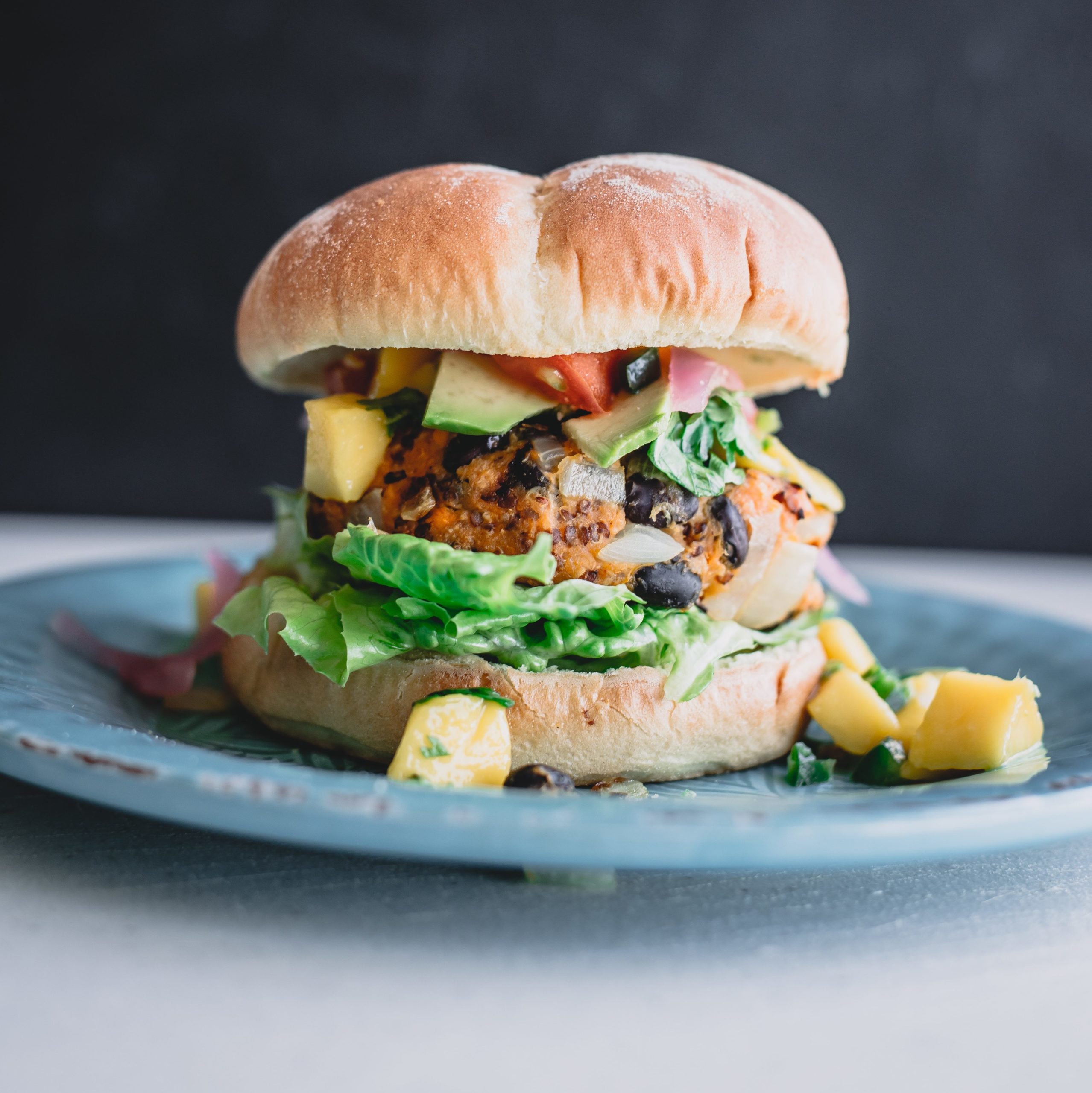
Consider reducing your meat consumption by going vegetarian or vegan a few meals a week. Or, if you’re ready to take the plunge, try vegetarian as a regular eating option. There are so many great options now available for plant-based eating. Raising plant crops is significantly less taxing on the environment than meat. One reason is that livestock not only produce a lot of waste, and require a lot of land, but they need a tremendous amount of plant food to survive, creating a double whammy with land usage. If you eat plant food directly, you are cutting out the middleman, as they say. Reducing your beef consumption, in particular, will have a positive impact on the environment (and on your heart health!)
Reduce your plastic use
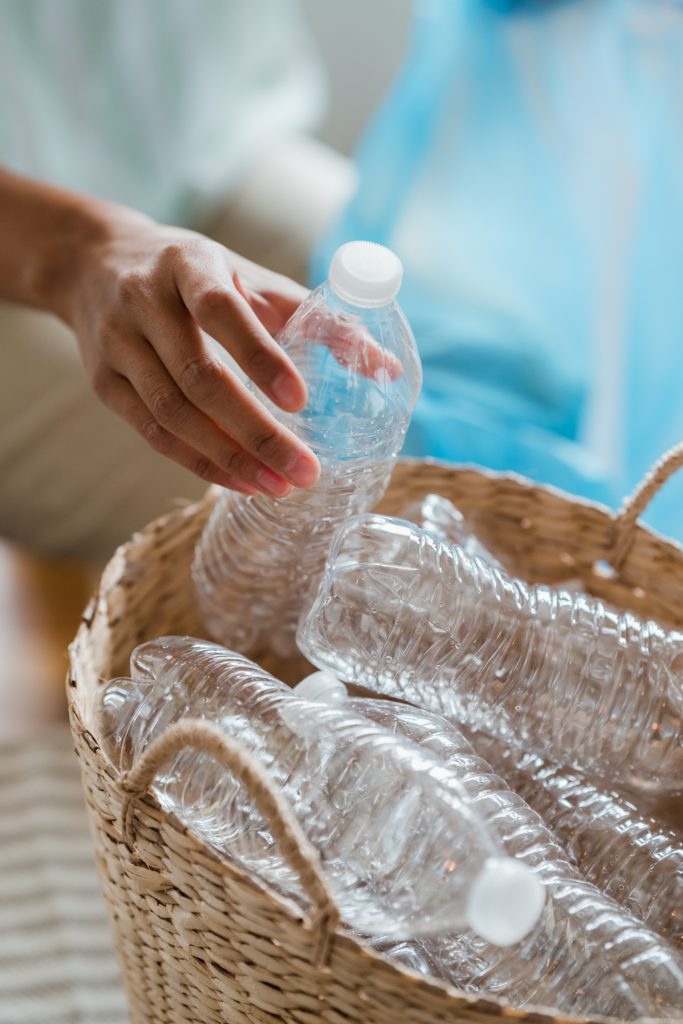
We covered this in last Sunday’s post, but by now we are all pretty aware that plastic is…not great for the environment. Both the process of making it and disposing of it present their own hazards. Whatever you can do to minimize your usage will benefit the planet in the long run. Bring your reusable cloth bags to shop, use discretion in your purchase of plastic products (is there a better option in a more sustainable material?), and consider not buying products encased in excessive packaging (try bulk over individually wrapped snacks, for example). And avoid bottled water by always filling up your reusable bottle before leaving the house.
Changing our habits is difficult! But if you choose one or two things at a time to focus on, it won’t feel like such a big deal. And then, before you know it, you’ll look around your house and realize that you have absorbed some new habits that you feel great about. Each of us can make a difference. Have a great Earth Day!
As an Amazon Associate, this site may contains affiliate links and I can earn from qualifying purchases at no cost to you. View disclosure for more information.
I'm Claudia. Welcome to my Interior Design blog! I'm thrilled to share my expertise and passion with you. With over 20 years in the industry, I'm a Certified Interior Designer, holding an NCIDQ Certification, and an educator. Interior Design isn't just my career—it's my passion. Dive in to explore more about me. Click here to learn more!
Hi Friend!
Stay inspired—join our design community by subscribing to the blog today.
subscribe now
Other Posts You Might Like
©2025 Claudia Giselle Design | Interior Designer | Brooklyn, New York
Legal
BACK TO TOP
Testimonials
718-255-5949
Press
office@claudiagiselle.com
MENU
We create thoughtful, personalized interiors for those who value quality and beauty in every detail — serving NYC, Manhattan, Brooklyn, Long Island, the Hamptons, and the Hudson Valley (including Westchester and Dutchess County) & Beyond.
Timeless Classicism with a
Bold Touch of Elegance
Home
Services
Process
About
Blog
Portfolio
Scheudule a Consultation
GET IN TOUCH
Contact
